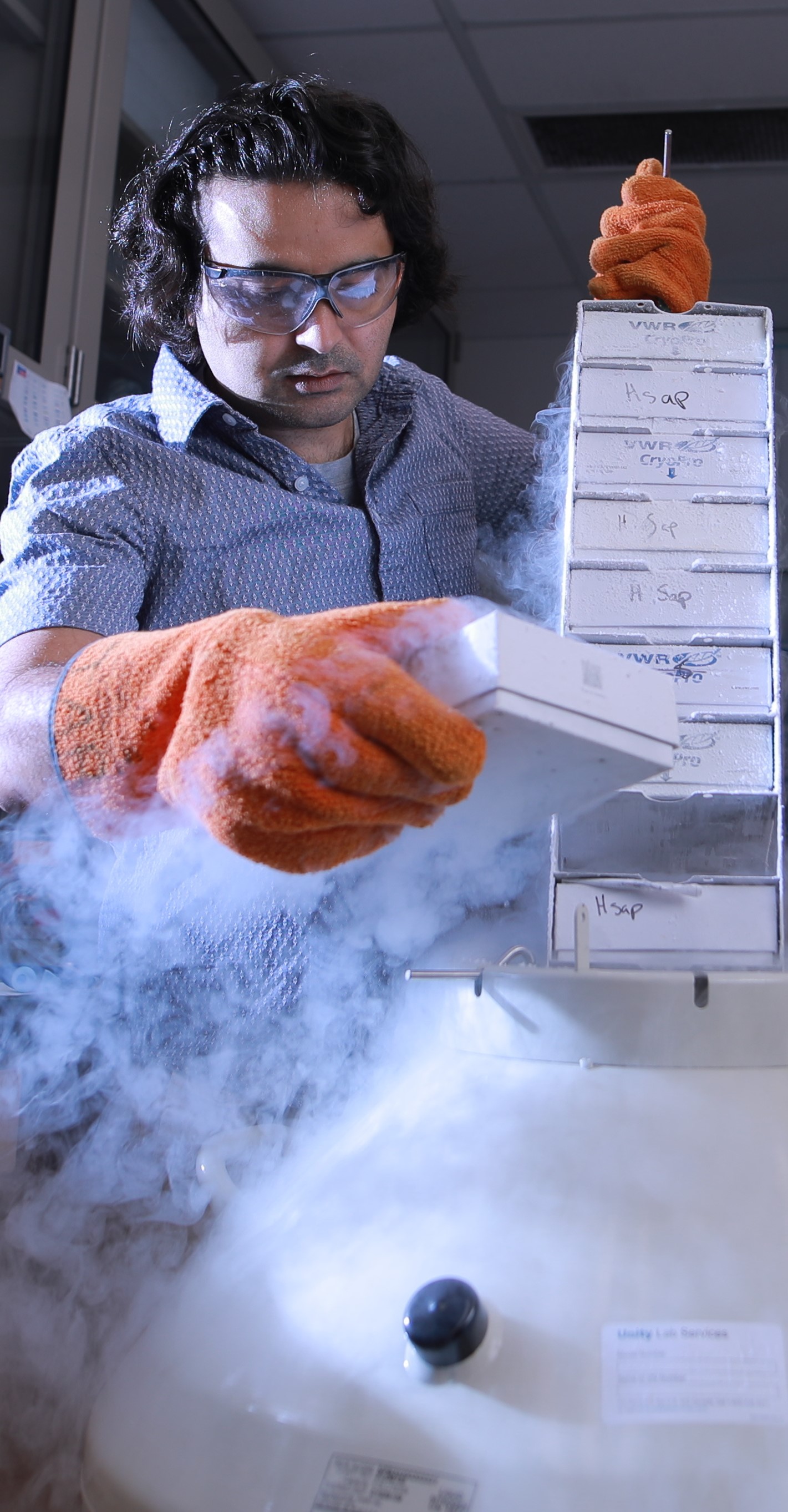Employment Based Immigration Handbook
VIII. EMPLOYMENT AUTHORIZATION DOCUMENT (EAD)
Some employees are granted work authorization by the filing of an I-765, Application for Employment Authorization, and subsequent issuance of an EAD.

In most cases an EAD is granted in one-year increments, and renewal may be requested 120 days before the original EAD expires. It is the employee’s obligation to file the renewal 120 days prior to the expiration; failure to do so may result in a loss of work authorization.
In this instance (pending I-485), the physical EAD is required in order to lawfully work in the U.S. As with any self-application, the responsibility to ensure uninterrupted work authorization is completely the employee's responsibility. Additionally, all internal policies should be followed in regard to I-9 completion.
OPT: Optional Practical Training (OPT) will allow recent graduates in valid F-1 (student) status to work in a position directly related to their major field of study. Some students who graduate with a qualified Science, Technology, Engineering or Mathematics (STEM) degree may be eligible for a 17-month OPT STEM extension. This is a self-application. Individuals who qualify for a STEM extension must file for an extension of their EAD with USCIS before the current OPT work authorization expires. For more information about OPT, UToledo students should OISSS's Employment page. Students from other universities must consult with their graduating school’s immigration office for further information. Students in their first year of OPT must receive the physical EAD before they begin employment. Unique and limiting regulations may apply to students with a pending STEM extension.
Maintenance of an EAD or any other self-application is the sole responsibility of the employee. Neither CISP nor the University file these applications, and failure to file them in a timely manner may result in the individual falling out of status and/or losing work privileges. Due to the nature of the self-application, the sponsoring College or Department will be responsible for ensuring that their employee maintains valid status and work authority.


